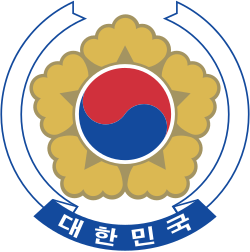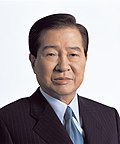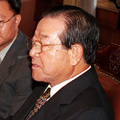| |||||||||||||||||||||||||||||
All 16 Metropolitan Mayors and Governors, 690 Provincial Councillors, 232 Municipal Leaders, 3,490 Municipal Councillors | |||||||||||||||||||||||||||||
|---|---|---|---|---|---|---|---|---|---|---|---|---|---|---|---|---|---|---|---|---|---|---|---|---|---|---|---|---|---|
| Turnout | 52.7%( | ||||||||||||||||||||||||||||
| |||||||||||||||||||||||||||||
| This article is part of a series on |
 |
|---|
The 2nd Local Elections were held in South Korea on 4 June 1998. A total of seven metropolitan city mayors, nine provincial governors, 680 provincial-level councilors, 232 municipal-level mayors and 3,490 municipal-level councilors were elected.
Contents
- Metropolitan city mayoral elections
- Seoul
- Busan
- Daegu
- Incheon
- Gwangju
- Daejeon
- Ulsan
- Gubernatorial elections
- Gyeonggi
- Gangwon
- North Chungcheong
- South Chungcheong
- North Jeolla
- South Jeolla
- North Gyeongsang
- South Gyeongsang
- Jeju
- Provincial-level council elections
- Summary
- Constituency seats
- Proportional representation seats
- Municipal-level mayoral elections
- Summary 2
- By region
- Municipal-level council elections
- References




